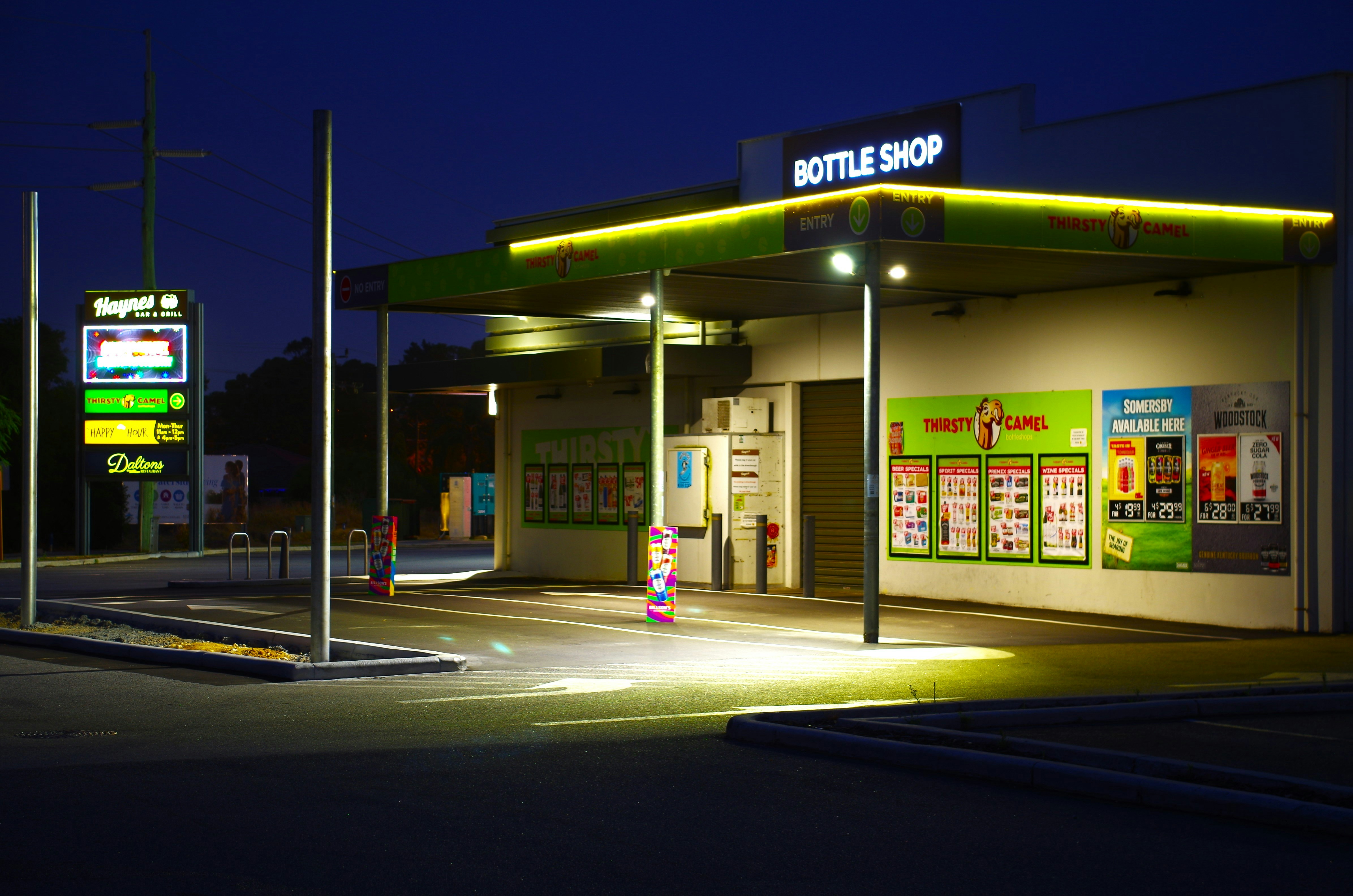Media release
From:
New study busts myth that alcohol restrictions hurt tourism
New research published today shows liquor laws that aim to prevent alcohol harms may boost tourism, rather than damage visitor numbers.
The research, led by Curtin University’s National Drug Research Institute and published in the Australian and New Zealand Journal of Public Health, has prompted experts to encourage a focus on credible evidence when seeking solutions to health and social problems caused by alcohol in communities. The research challenges a popular perception that alcohol regulation damages tourism.
Senior author Professor Tanya Chikritzhs says the study is the first of its kind to look at the relationship between alcohol licence restrictions and tourism numbers. The study found domestic traveller visits to two major tourism regions in Western Australia were not adversely impacted by new liquor laws aiming to reduce alcohol harms, with tourist visits actually increasing after these changes were introduced.
“This research flips the script on a long-held assumption that community-wide alcohol restrictions implemented to address alcohol-related issues necessarily undermine tourism and suggests that alcohol restrictions may in fact help bolster tourism numbers,” said Professor Chikritzhs.
“Alcohol’s role in crime is well established and travellers, particularly females and older travellers, want to feel safe when they travel. Negative tourist perceptions of alcohol-related crime and anti-social behaviour at potential destinations can strongly influence travel plans, reduce the likelihood of return visits and discourage positive recommendations to others.”
The study analysed Government tourism data from 1999 to 2019 for the North West and Golden Outback regions of Western Australia, which includes popular tourist areas like the Kimberley and Goldfields.
It found that overnight tourist trips in the North-West were steady up to 2012/13, then increased rapidly around the time liquor restrictions were introduced. In the Golden Outback, domestic overnight trips were declining up to 2010/11 then increased rapidly.
Community level alcohol restrictions have existed in WA for a long time. They have aimed to reduce harms from alcohol by introducing measures such as restricting the amount of takeaway alcohol that could be sold, and placing limits on the strength and volume.
“For the first time, we examined trends in overnight tourist trips, a government indicator of tourism activity, in the context of mandatory alcohol restrictions implemented across regional communities in WA and found no evidence overall tourism was adversely affected,” Professor Chikritzhs continued.
“Our review of mandatory Section 64 restrictions revealed that, although there was variation over place and time, a majority focused on limiting the sale of alcohol for consumption off-premises, that is ‘take-aways’ or ‘packaged liquor’, in communities experiencing high levels of harm.
“For the large majority of tourist overnight trips, we found evidence of substantial increases in the North-West and Golden Outback that coincided with maximum alcohol restriction activity. Trends and growth were in line with the Coral Coast, South-West and Perth.”
Greg Williams, from the Alcohol and Drug Foundation added: “Alcohol is still a major driver of preventable health, injuries and violence across Australia, and alcohol-related harm has a major impact on communities.
“The key finding of this study, that alcohol restrictions don’t hinder tourism is great news for communities in terms of benefits to the economy and health outcomes. It has important, positive implications for travellers, the communities they visit, tourist operators and government policymakers.”



 Australia; WA
Australia; WA


